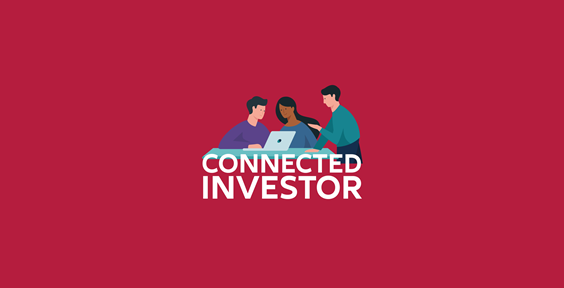Performance, Commentary & Portfolio
ISIN GB0001490001 | SEDOL 0149000
Fund Manager’s Review
Global stock markets rose slightly during December, capping a third consecutive year of double-digit returns. As in the rest of the year, the US was a relative laggard, with UK and European markets outperforming. UK and European markets rose around 2% in Sterling terms, while the US market was down a little over 1% in December. For calendar 2025 as a whole, UK and European markets delivered impressive total returns of around 24% and 27% in Sterling respectively whilst the US S&P 500 Index was only up around 10% in Sterling once dollar weakness was considered. The strong absolute performance of global stock markets in 2025 is remarkable given the significant sell-offs in April triggered by President Trump’s announcement of ‘liberation day’ tariffs.
Although major stock markets are trading close to record highs, most large central banks appear concerned with weakening macroeconomic data. In the US, the Federal Reserve cut interest rates for a third consecutive time, to 3.5-3.75%. Despite an ongoing data vacuum following the 43-day US government shutdown in October and November, evidence of muted job growth and a surprise drop in a key inflation metric provided scope for short-term interest rates to be cut to their lowest level since 2022. The Bank of England also narrowly voted in favour of cutting interest rates for the 6th time, to 3.75%, citing falling inflation (down to 3.2% in November, though still significantly above the 2% target), subdued economic growth (which was modestly negative in October) and increasing slack in the labour market. The European Central Bank left interest rates unchanged at 2.0%, having cut rates aggressively since the middle of 2024. Despite the declines in benchmark (short-term) interest rates, long-term interest rates – which theoretically matter more for the valuation of long-duration assets like equities – remain stubbornly high.
|
We are conscious that the combination of low short-term interest rates with large and persistent government deficits, during what is a relatively benign economic environment, provides policymakers with relatively little ammunition in the event of a worsening macroeconomic environment |
The interest rate on US 30-year government debt is at levels not seen since 2007, while the yield on 30-year UK government gilts is at levels not seen since 1998. We are conscious that the combination of low short-term interest rates with large and persistent government deficits, during what is a relatively benign economic environment, provides policymakers with relatively little ammunition in the event of a worsening macroeconomic environment.
Brunner’s Net Asset Value (NAV) total return for December was 0.46%, modestly ahead of the benchmark return of 0.40%. The largest positive contributors to performance were varied, across a range of sectors and geographies.
There were no trades this month. However, the Trust now holds a small position in the Magnum Ice Cream Company, which was demerged from Unilever during the month.
Julian Bishop & Christian Schneider
13 January 2026
This is no recommendation or solicitation to buy or sell any particular security. Any security mentioned above will not necessarily be comprised in the portfolio by the time this document is disclosed or at any other subsequent date.
1. Source: AIC, as at the Trust’s Financial Year End (31.11.2023). Ongoing Charges (previously Total Expense Ratios) are published annually to show operational expenses, which include the annual management fee, incurred in the running of the company but excluding financing costs.
Registrations |
|
|
Company No. |
00226323 |
|
FATCA GIIN No. |
EW9PUZ.99999.SL.826 |
Codes |
|
|
RIC |
BUT.L |
|
SEDOL |
0149000 |
|
ISIN |
GB0001490001 |
Awards & Ratings

Morningstar Rating: The Morningstar Rating is an assessment of a fund’s past performance – based on both return and risk – which shows how similar investments compare with their competitors. A high rating alone is insufficient basis for an investment decision.
A ranking, a rating or an award provides no indicator of future performance and is not constant over time.



